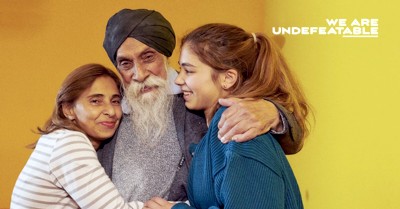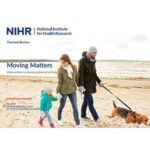 Arthritis Action will hold their latest webinar “Unlocking Exercise Webinar: Barriers and Benefits – Eating Well, Thinking Positively, and Getting Stronger” on Wednesday 30th September, 11:00am – 12:00pm.
Arthritis Action will hold their latest webinar “Unlocking Exercise Webinar: Barriers and Benefits – Eating Well, Thinking Positively, and Getting Stronger” on Wednesday 30th September, 11:00am – 12:00pm.
The webinar will explore a holistic approach to restarting exercise and preventing the loss of strength and function, for people living with arthritis. The charity’s expert panel will cover the barriers and benefits to exercise, including; immunity, independence, community engagement and mental wellbeing.
There will also be a live Q&A on the topic at the end of the webinar.…
Read more of this article

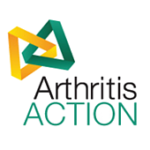

 by Victoria Wells, a personal reflection about a new play with a theme of dancing for health – how a work of theatrical art relates to my experience of joint replacement surgery, pre-operative rehab, post-op rehabilitation and a lifetime of dancing.
by Victoria Wells, a personal reflection about a new play with a theme of dancing for health – how a work of theatrical art relates to my experience of joint replacement surgery, pre-operative rehab, post-op rehabilitation and a lifetime of dancing.

 Health Education England e-Learning for Healthcare (HEE e-LfH) has worked with ESCAPE-pain and the Health Innovation Network to develop two e-learning resources, aimed at helping healthcare professionals and exercise instructors understand the principles behind the ESCAPE-pain programme – facilitating group education and exercise sessions for people living with chronic joint pain and learning how the programme may be implemented in their organisation.
Health Education England e-Learning for Healthcare (HEE e-LfH) has worked with ESCAPE-pain and the Health Innovation Network to develop two e-learning resources, aimed at helping healthcare professionals and exercise instructors understand the principles behind the ESCAPE-pain programme – facilitating group education and exercise sessions for people living with chronic joint pain and learning how the programme may be implemented in their organisation.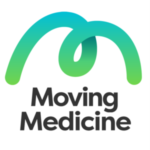
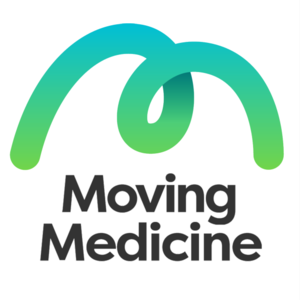

 The Faculty of Sport and Exercise Medicine (UK) has updated their Staying Active at Home resources to include a series of short videos introducing some simple exercises that can be carried out at home, and which are particularly suitable for people who are older or have long-term health conditions. They include exercises that can be performed while sitting, standing, walking or lying down, and were produced with the help of Pure Sports Medicine.
The Faculty of Sport and Exercise Medicine (UK) has updated their Staying Active at Home resources to include a series of short videos introducing some simple exercises that can be carried out at home, and which are particularly suitable for people who are older or have long-term health conditions. They include exercises that can be performed while sitting, standing, walking or lying down, and were produced with the help of Pure Sports Medicine.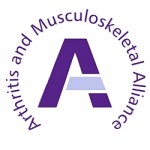
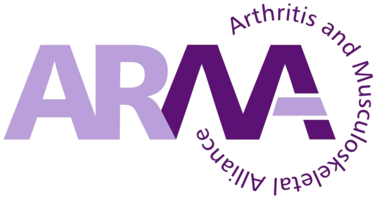 With everyone now spending a lot more time at home, it could have a significantly negative impact on people’s physical activity levels. For people with musculoskeletal conditions, there are things that can be done to protect health and manage illness, to maintain good physical and mental health.
With everyone now spending a lot more time at home, it could have a significantly negative impact on people’s physical activity levels. For people with musculoskeletal conditions, there are things that can be done to protect health and manage illness, to maintain good physical and mental health.
 by Catherine Holmes, National Service Improvement Manager, Anchor
by Catherine Holmes, National Service Improvement Manager, Anchor
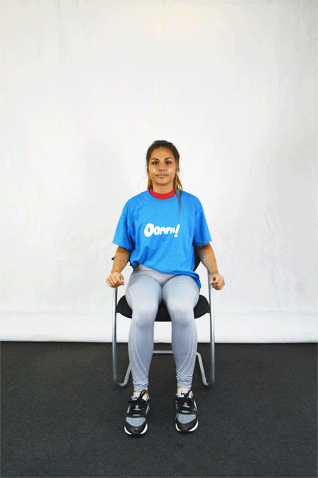
 The exercises were designed with the aim to recondition and build mobility and confidence in people who have not been keeping active. The can be viewed on
The exercises were designed with the aim to recondition and build mobility and confidence in people who have not been keeping active. The can be viewed on 
